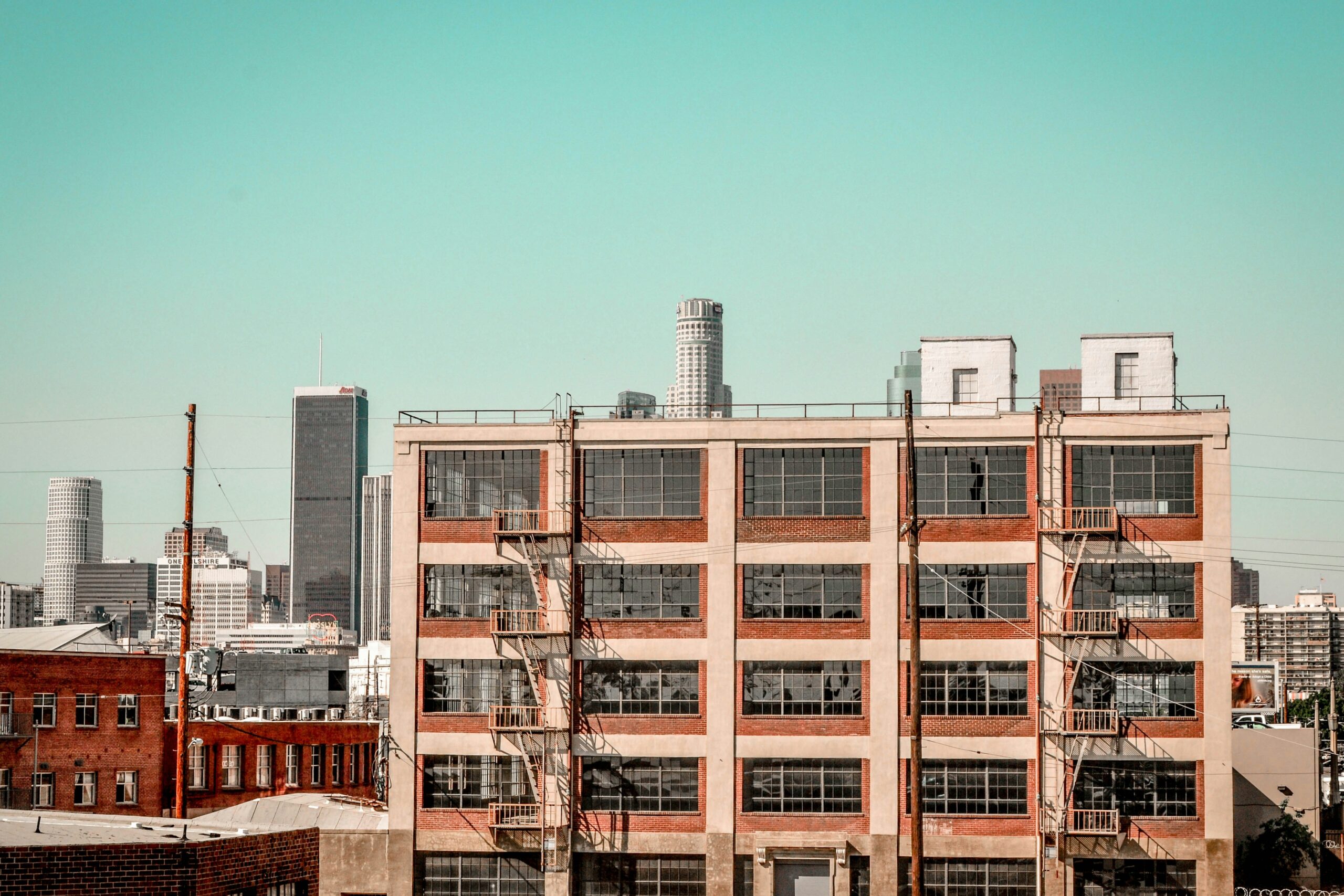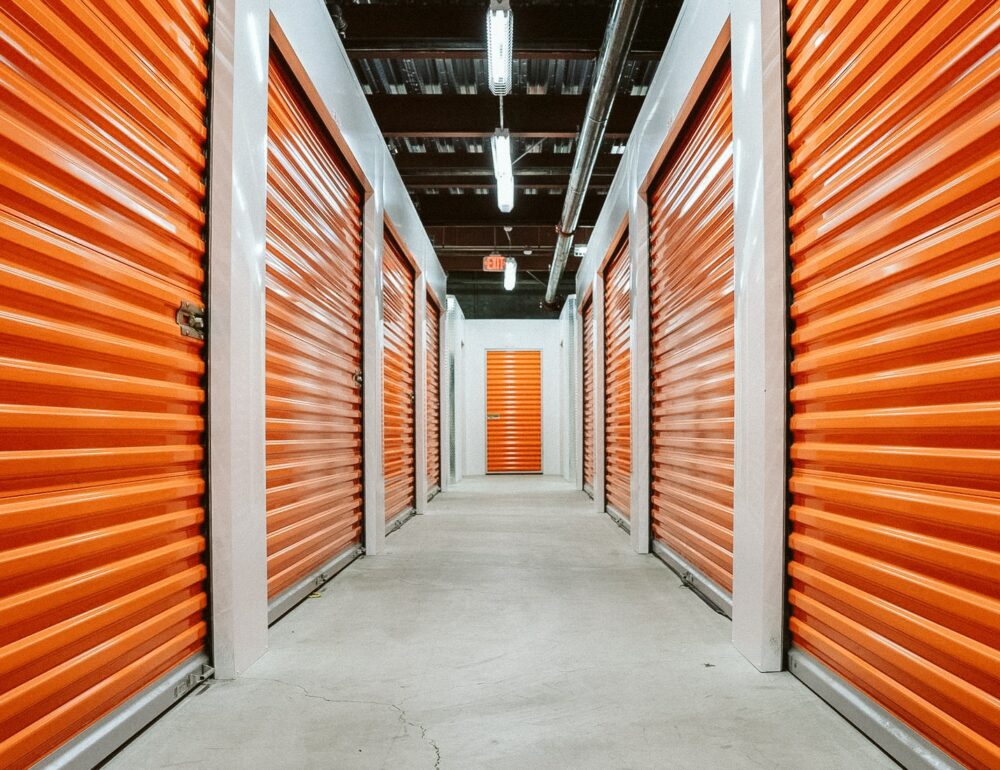Co-warehousing, Comparisons, Productivity, Warehousing • 9 Minute Read • Sep 9, 2024
7 Things to Avoid When Renting a Warehouse

Whether your partner is demanding you move all of your products out of your garage so they can have their parking space back, or if you realized now was a good time to make a jump to a bigger space – moving into your first warehouse is an exciting time.
That said, renting a warehouse isn’t a decision you want to make without a lot of thought and due diligence. It’s not always easy to find a space that’s a great fit for you and your business. Here are seven things to avoid when renting a warehouse.

#1: Not Thinking Through How You’ll Use the Space
The type of business you run will impact how you’ll use a space. If you’re a nonprofit, you may want a space you can invite donors to. If you’re a for-profit, then you may not want anyone but employees visiting your warehouse.
The products you sell, or services you offer can also impact how you use a space. If you plan to use your warehouse for members of your team to stop by and restock on supplies, you may not need a ton of space for people to move around. If you have lots of folks working together to manufacture a product you may need more room for your operations.
Some common uses include:
- Distribution
- Storage
- Manufacturing
- Quality inspections
- Stock counts
- Product photography
- Meeting with clients, donors, employees, or volunteers
You’ll also want to think through what amenities you’ll need based on how you’re using the space. Do you need a loading and unloading area for shipments? A space for employees to work?
Go through how you plan to use the space on a daily, weekly, and monthly basis to determine all your potential needs.
Also, consider how you’ll use the space today and how you’ll be able to grow into the space in the future.
Other unique ways you could use the space:
Stock up on items that regularly fluctuate on pricing to create price stabilization for your products, protecting your return on investment and bottom line.
Use your inventory and warehouse goods as collateral for raising financing from bank lenders. Keep in mind, this will require diligent paperwork, record keeping, and potentially a lengthy application process.
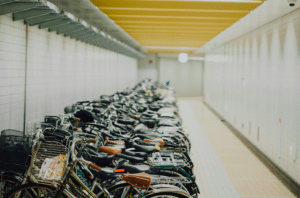
#2: Miscalculating the Square Footage You’ll Need
Square footage may sound straightforward, but not all landlords measure their space the same way. For example, some landlords will measure from the inside wall of your storage space, while others will measure from the outside wall. Those who measure from the outside wall include lots of square footage you can’t use.
Other landlords may include space that’s under drip lines or pipes, meaning your shelving can’t stack as high as advertised. It’s important to tour any space that you might rent to make sure you’re getting the space you expect.
When considering the height of your space, consider what items aren’t regularly needed and can be stacked higher compared to products that you’ll need often. High-need products should go on lower, easy to reach shelves. While stacking products higher is great for maximizing small storage spaces, you don’t want to constantly be going up and down ladders for the things that you need.
It may be worthwhile to rent a bigger space to stack all of your most-needed products and materials at a reachable height. That said, the amount of space you need is a bit of a Goldilocks situation. You don’t want a space that’s too big, or too small. It needs to be just right.
Again, by having a clear understanding of how you’ll use the space, you can rent the right amount of room to grow your business without frustrating clutter or paying for space you don’t need.
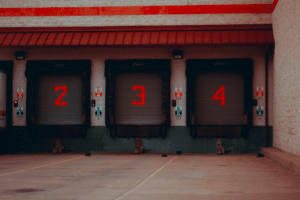
#3: Not Thinking Through Your Loading Docks
Most businesses have specific loading and shipping needs. The further you have to move things, the more of a burden shipping and receiving becomes. This is why finding a space with adequate loading docks is essential.
First, consider what type of loading dock you might need. Some common ones include enclosed, open, and depressed.
When you tour warehouses, look at the inside and outside of the warehouse to evaluate dock space. Outside, is there room for long and large trucks that need extra room for positioning? Are there any corners that may make it difficult or impossible for them to come pick up your orders?
Or, if your products are shipped via small storage vans, is there room for them to park? How big of a parking lot and loading space is included on your contract? Are any areas designated exclusively for your use?
If you ship a lot of products, you may want to make sure you always have somewhere for delivery vans to park.

#4: Unexpected Fees or Costs
No one likes unexpected expenses, especially when they’ve signed an agreement that can last a couple of months to years. Before you sign anything, make sure you double check what all is and isn’t included in your rent. Then, ask about what additional fees you should expect. Some common ones include:
- Operating expenses
- Maintenance expenses
- Landscaping
- Taxes
- Insurance
- Cleaning fees
- Parking lot maintenance
Your contract should clearly state what fees tenants are responsible for, and what fees the landlord is responsible. This can save you a lot of money and frustration.

#5: Settling on Location
Location is one thing that you never want to settle on when picking a warehouse. Common things all organizations consider before signing an agreement on a space are:
- How close is the warehouse to major highways, railway lines, airports, etc? This makes shipping easier.
- If my employees are driving, are there parking spaces for them?
- If my employees are taking public transportation, is there an easy way for them to get to and from the warehouse?
- What zoning laws does this particular neighborhood have?
- Is it in a location that will attract employees? Community spaces like bars, coffee shops, gyms, or restaurants all add to the appeal of a neighborhood.
You don’t just want to tour the warehouse you’re renting. You also want to tour the neighborhood before you sign a contract. Who lives or works in the area? Are there any signs of crime, like broken windows on your potential warehouse or other building in the area?
Lastly, if you’ll regularly be commuting to the warehouse space, consider how close it is to your home, gym, kid’s school, and overall life. You don’t want a long drive that’s significantly out of your way.
Some studies suggest people are happiest with a 16-minute commute to work. While not always possible, the closer your warehouse is to your day-to-day life, the better!
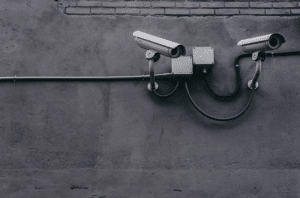
#6: Compromising on Security
You have to keep your products and materials safe. When considering what warehouse might be a good fit for you, make sure you include security as one of your top considerations. Obviously, security is more important based on how valuable your items are.
Yet, no one wants to unnecessarily lose out on products or materials due to theft. Questions to ask about include:
- Is there adequate fencing around the warehouse?
- Have there been break ins previously?
- Are there security guards?
- Do they have security cameras? If so, how many and where?
- Do they do regular security audits?
- Is there an alarm system or an integrated security system?
If the warehouse lacks any of these things, you’ll either be taking a risk storing your products there or you will have to invest in these security measures yourself. If you do have to invest in your own security, make sure that nothing will be held against you for your security measures.

#7: Ignoring Amenities and Community
Amenities and community can play a huge role in your warehouse experience. Recently, the rise of co-warehousing has allowed businesses to rent part of a warehouse space while still utilizing amenities – making their rental space feel bigger.
Some common amenities in co-warehousing spaces include:
- Conference rooms
- Break rooms
- Private offices
- Carrier pickups
- Wi-Fi
- Security
- Industrial shelving
- On-site management
- Mail and package handling
Add up the cost of things like coffee for your break room, Wi-Fi, industrial shelves, etc. These can generate significant cost savings when split amongst other businesses.
A giant warehouse with a long contract may make sense for your organization. But, before you sign anything, make sure you explore a couple of co-warehousing spaces in your city. If you’re looking for a warehouse in Atlanta, be sure to check out Shift South Fulton.
Frequently Asked Questions About Renting a Warehouse
Can you live out of a warehouse?
Yes, you can live in a warehouse as long as it’s zoned for residential use and your landlord approves of people living in the space. If you want to operate a business out of the warehouse space as well, it will also need to be zoned for industrial use, too. Check with the owner of the warehouse on all desired uses before signing an agreement.
What can be kept in a warehouse?
What can be kept in a warehouse largely depends on the warehouse space and the zoning laws. To find out if what you’re hoping to store can be left in a warehouse, double check with the landlord or zoning department before signing a rental contract.
What are the advantages and disadvantages of having a warehouse?
The advantages of having a warehouse include:
- Safer storage spaces for your materials and products
- Qualify for insurance
- Streamlined processes
- Improved distribution for customers
- Separation of work life and home life
- Better scalability compared to operating out of your home
- Separation of work/life balance
- Lower risks
- Flexibility to grow as needed
The main disadvantage to a warehouse is that it is an extra cost that you’ll have to factor into your organization. If you were operating out of your home previously, your rental expenses will increase when you move to a warehouse.
Also, if you’re disorganized with your current warehouse setup, you may carry some of those bad habits over to your new warehouse. With more space available to you, items may get lost, which can delay shipping products, as well as create accounting and financial errors.
Last, you’ll be adding a commute to your day. While some people like a commute, not everyone enjoys sitting in traffic for long periods of time.
